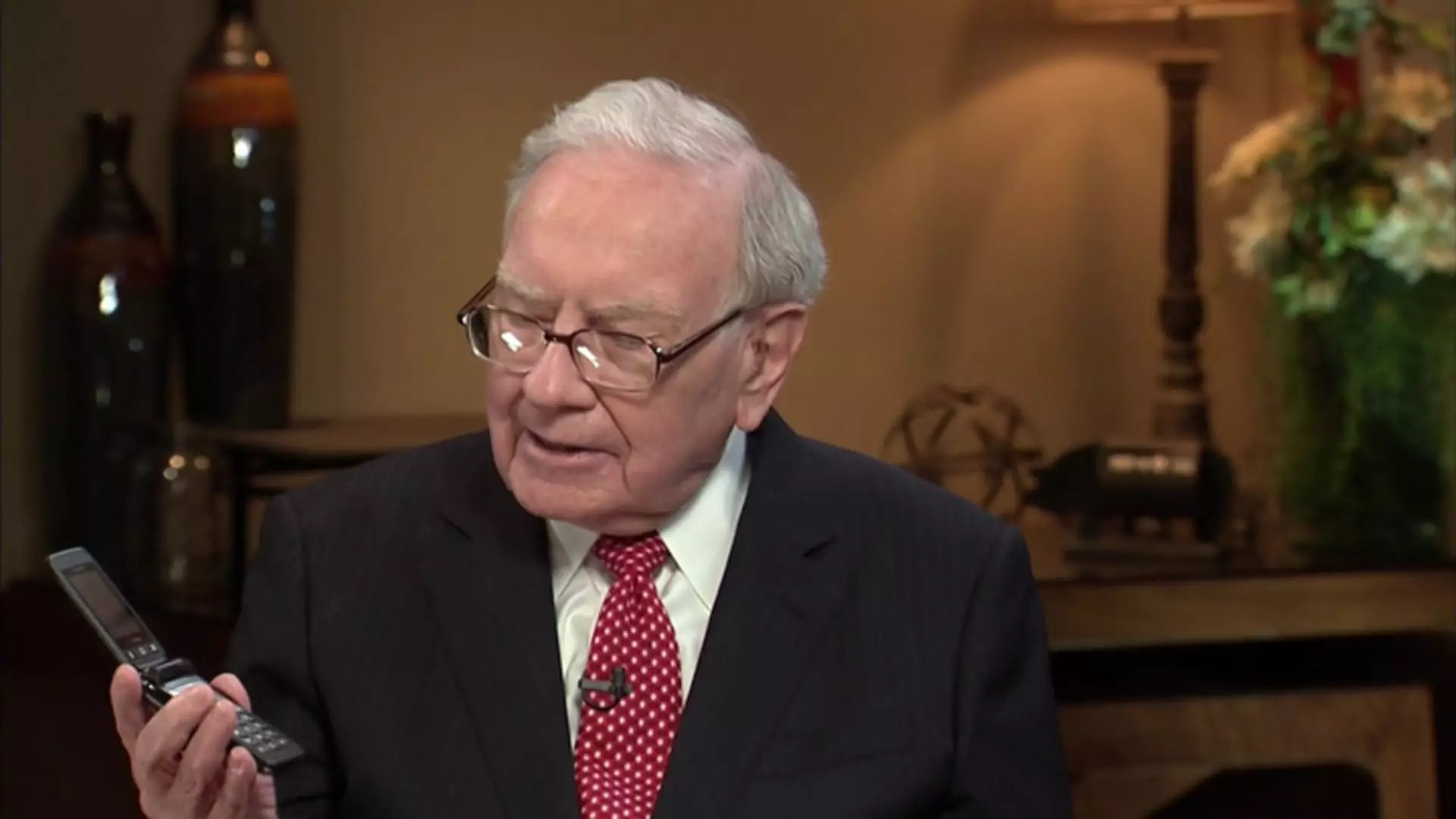The Dawn of AI in Investment: Intelligent Alpha’s Bid to Mirror Buffett

In the realm of finance, few icons shine as brightly as Warren Buffett, the CEO of Berkshire Hathaway. His investment strategies, honed over seven decades, have captivated both seasoned investors and newcomers alike. While many human investors have attempted to channel Buffett’s wisdom, their efforts often fall short. Enter Artificial Intelligence: a burgeoning technology poised to revolutionize investment strategies. Intelligent Alpha, an innovative investment startup, is daring to tread this path by developing a unique exchange-traded fund (ETF)—the Intelligent Omaha ETF (ticker: AIWB)—that aims to emulate Buffett’s discernible investment philosophy through AI.
Intelligent Alpha’s approach leverages three advanced language models—GPT, Gemini, and Claude—to distill the essence of Buffett’s investment strategies. The process begins with an extensive information-gathering phase, where the AI ingests a plethora of publicly available materials related to Buffett. This includes his renowned annual letters, public interviews, statements, and financial disclosures like the 13Fs, which detail Berkshire’s equity holdings. The idea here is to condition the AI to think and respond in a manner synonymous with Buffett’s decision-making processes.
Doug Clinton, the CEO and founder of Intelligent Alpha, sheds light on this intricate process. He posits that when adequately trained, the AI can adeptly replicate Buffett’s thought patterns and investment criteria. However, the fundamental question arises—can AI truly grasp the nuances of Buffett’s distinctive investment style that has evolved drastically over the decades?
Warren Buffett’s investment philosophy has undergone significant transformations throughout his illustrious career. Initially, he focused on what he termed “cigar-butt” investing—seeking undervalued securities for quick gains. This strategy transitioned under the profound influence of Charlie Munger towards a more nuanced approach, prioritizing quality companies with protective “moats” that justify a fair price. As Buffett’s empire burgeoned, the complexity of his investments intensified, particularly as Berkshire’s market value approached the $1 trillion mark. This evolution asserts that merely replicating the surface of his strategy might not suffice; understanding the depth and adaptability of his philosophy is essential.
Critics may wonder whether AI can truly encapsulate Buffett’s investment ethos, considering there’s far more than just historical data to decipher. Buffett’s investment decisions exhibit a unique blend of intuition, experience, and emotional intelligence—qualities that are notoriously challenging for machines to replicate. While AI can analyze copious amounts of data and mimic decision-making algorithms, it might lack the context of personal discretion and emotional responses that Buffett employs when negotiating deals, especially during market downturns or crises.
Nevertheless, the Intelligent Omaha ETF plans to assemble a portfolio of about 25-30 stocks that may mirror those held by Berkshire, overlapping by 30-60%. The expense ratio is set at 69 basis points, positioning it as a competitive option in the expanding world of ETFs. With the fund’s anticipated launch in the next six months, investors will be keeping a keen eye on the outcomes of this intriguing experiment.
The Role of AI in Modern Finance
Intelligent Alpha is not alone in its quest to harness AI for investment strategies. The firm has already introduced an AI-powered ETF—the Intelligent Livermore ETF—designed to replicate the techniques of several renowned investors, including Buffett and Stanley Druckenmiller. These initiatives reflect a significant shift on Wall Street, where artificial intelligence is deployed to attract a new wave of investors eager to explore the capabilities of cutting-edge technology.
As AI continues to mesmerize investors and reshape market dynamics, it becomes imperative to address the skepticism surrounding its long-term efficacy. While firms like Intelligent Alpha aspire to lead in this innovative frontier, the financial community remains cautious. The reliance on AI promises a future where machine learning could redefine investment strategies, but how deep will this transformation penetrate traditional investing principles?
As Intelligent Alpha forges ahead with its Intelligent Omaha ETF, the intersection of AI and investment strategies heralds a new era in finance. While the prospect of an AI-driven mimicry of Warren Buffett’s investment brilliance is thrilling, it remains to be seen whether artificial intelligence can truly master the art of value investing. The efficacy of such technologies will likely influence the future relationship between human investors and machine learning algorithms, shaping investment paradigms for years to come. The story of traditional investing is certainly poised for a compelling evolution.





